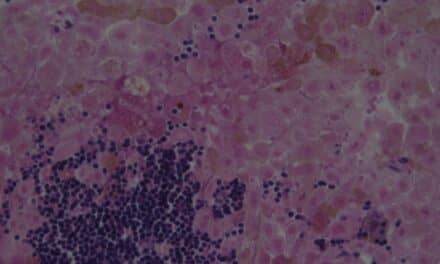Roche announced that the company has obtained a worldwide co-exclusive license for the biomarker PI3K (phosphoinositide 3-kinase) from QIAGEN to develop real-time and endpoint PCR diagnostic assays.
Johns Hopkins University owns the patent for the PI3K biomarker and has previously granted an exclusive license to QIAGEN’s wholly owned subsidiary DxS, now QIAGEN Manchester. Financial details were not disclosed.
The PI3K pathway is mutated in more cancer patients than any other1, playing a significant role in colorectal, gastric, breast and endometrial tumors, among others. Drugs that inhibit PI3K are a significant focus of current cancer drug development. Genentech, a member of the Roche Group, has several molecules in early development targeting various points along this pathway, in a variety of tumor types.
Multiple scientific papers have shown that PI3K has the potential to be a clinically relevant biomarker for the prediction of individual response to specific cancer therapies. "There is abundant clinical evidence that the PI3K biomarker will play a significant role in the future of oncology treatment," said Paul Brown, president and CEO, Roche Molecular Diagnostics. "Diagnostic assays that detect mutations in PI3K will be an essential component of cancer drug development and personalized healthcare."
Roche has an ongoing program to develop a real-time PCR assay that detects mutations in the PI3K oncogene. The assay will run on Roche’s cobas® 4800 System. Roche intends to make the PI3K PCR assay available to internal and external pharmaceutical partners for use in clinical drug trials.
The PI3K assay will complement Roche’s extensive menu in development of assays for validated biomarkers, including the B-RAF V600E mutation, found in greater than 50 percent of melanomas.
"Given the demonstrated predictive value of these biomarkers, developing assays that identify clinically relevant mutations is an area of high priority for Roche," said Brown. "By applying our vast, global experience in both cancer drug development and molecular diagnostics, we believe we can quickly generate new assays that will provide value to both drug developers and oncology medical professionals."
Source: Roche
1 American Association for Cancer Research. http://www.aacr.org/home/public–media/stand-up-to-cancer/su2c-dream-teams/tar geting-the-pi3k-pathway-in-womens-cancers.aspx


